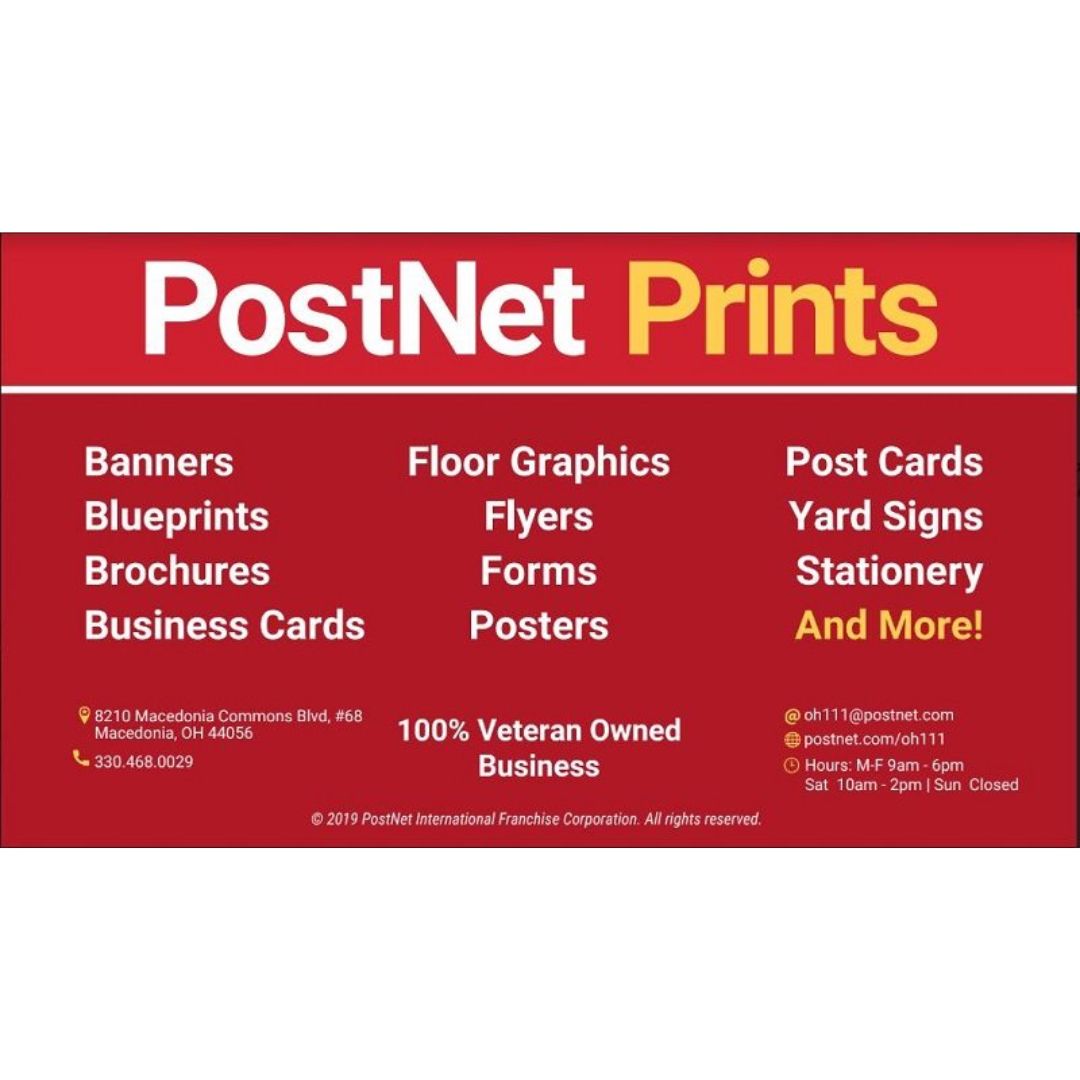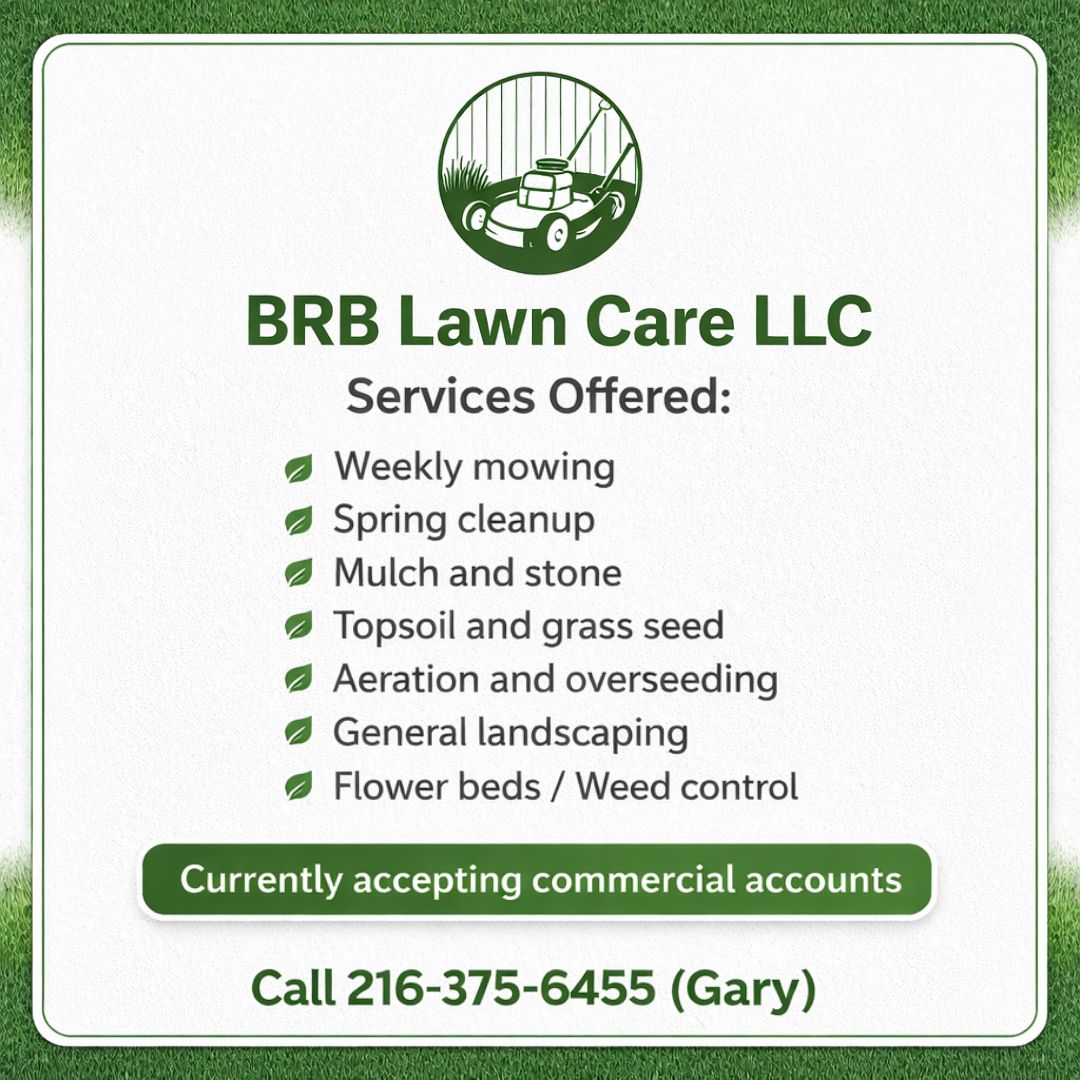Owning an RV opens the door to endless travel opportunities that blend adventure with comfort. However, as an RV owner, securing insurance that fits your unique needs is vital.
Choosing the right RV insurance requires thoughtful consideration to make sure you’re adequately protected on the road. Let’s explore a few things to consider when searching for RV insurance.
Understanding Coverage Options
The foundation of RV insurance lies in its coverage options, which typically go beyond standard auto insurance. Liability coverage protects you if you injure someone or damage their property due to your actions.
Collision coverage repairs or replaces your RV after an accident, while comprehensive coverage is essential for dealing with non-collision incidents like theft, hail damage, or even vandalism. Each plays a vital role in protecting your RV investment, so consider which combination of options best aligns with your travel habits and needs.
Determining Usage
How you use your RV greatly affects the coverage you’ll need. If you’re a full-time RVer, your insurance should function more like a homeowner’s policy by covering personal belongings, liability, and additional living expenses.
For part-time RVers, the policy focus may shift to seasonal use with less extensive coverage. Ensuring your insurance matches how much time you spend in your RV is a critical first step in finding the right provider.
Evaluating Policy Limits
Adequate liability and property coverage limits are essential to handle significant financial consequences. Make sure your liability limits are sufficient to cover medical bills or property damage if you’re involved in a serious accident.
Similarly, check the property coverage limits to ensure they’re high enough to cover the full value of your RV, including repairs for scenarios like navigating an insurance claim for unexpected RV roof damage. Understanding these figures will save you from out-of-pocket expenses later.
Considering Discounts
Many insurance providers offer various discounts, but they aren’t always immediately advertised. Ask about options like bundling your RV policy with other insurance products, such as auto or homeowners insurance.
Providers may also reward safety-conscious RV owners, such as those who have completed safety courses or installed anti-theft devices. Additionally, long-term customers may receive loyalty discounts. Exploring these opportunities may reduce your premiums considerably.
Investigating the Claims Process
No one wants to think about filing a claim, but understanding the claims process is essential when choosing an insurance policy. Research how easy it is to begin filing a claim and the required documentation.
Choose providers who offer streamlined online claims submission and a responsive claims team, as this will make all the difference, particularly in stressful situations like repairing significant damage. Clarity and transparency in claims processes mean fewer headaches when you need support most.
By searching for and finding the right RV insurance policy, you secure peace of mind no matter where life takes you. By carefully considering these factors, you’ll be better equipped to select comprehensive coverage that effectively protects your vehicle and your lifestyle.























